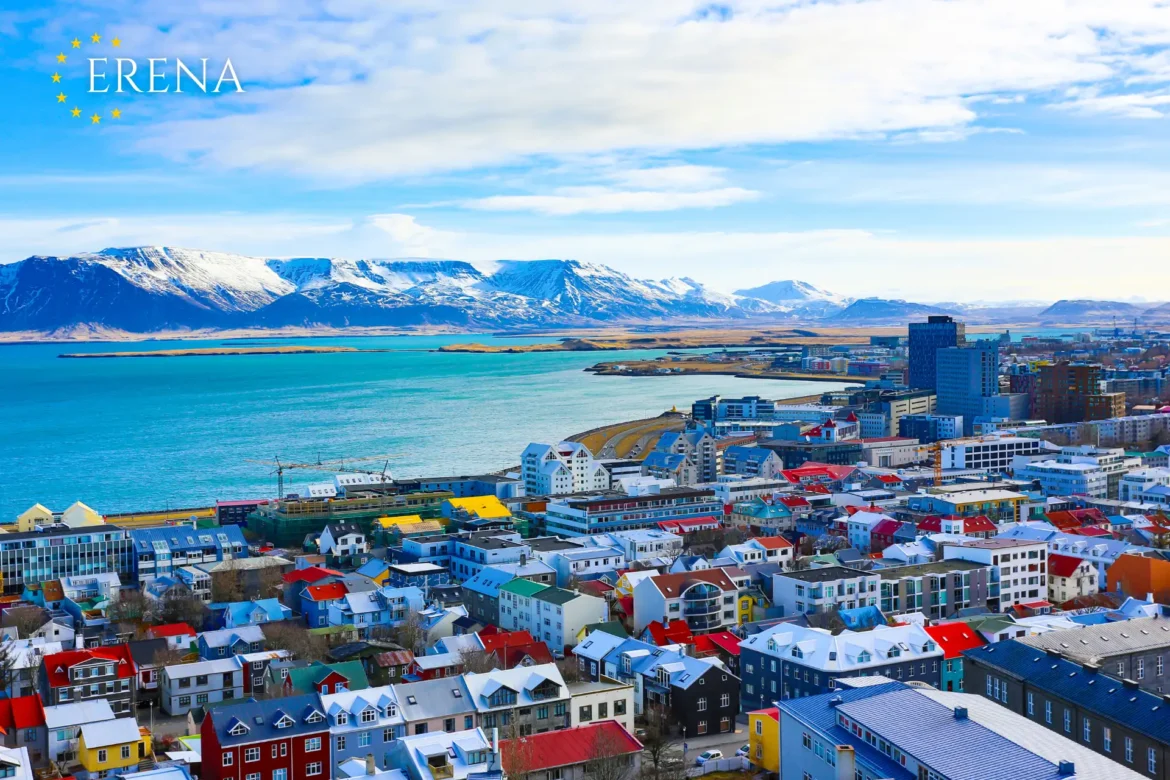The Icelandic real estate market in 2025 offers a wide range of opportunities for investors, thanks to the country’s unique geographic location, economic stability, and the sustainable development of key sectors such as tourism and renewable energy. In recent years, Iceland has become increasingly popular among local and international investors, driving up property prices and creating new prospects.
Economic Stability and Development
Iceland’s economy remains one of the most stable in Europe, supported by a focus on sustainable development and the utilization of natural resources. Key industries, including fisheries, renewable energy, and tourism, ensure steady economic growth. In 2025, the government continues to invest in infrastructure, enhancing the quality of life and increasing the attractiveness of real estate.
Iceland is actively integrating innovative technologies in construction and property management, making the market particularly appealing for those seeking long-term, secure investments.
The Role of Tourism in Real Estate Development
Tourism is a major driver of Iceland’s economic growth and a significant factor influencing the real estate market. The country is renowned for its unique natural attractions, such as geysers, glaciers, waterfalls, and the Northern Lights, which draw millions of tourists annually. In 2025, tourism is expected to grow further, boosting demand for hotel and rental properties.
Investors may consider acquiring properties intended for short-term rentals in popular tourist areas like Reykjavik, the southern coast, and the Golden Circle. These regions offer high returns, particularly during the peak tourist seasons.
Residential Real Estate: Trends and Prospects
The residential real estate sector in Iceland shows consistent growth despite limited supply and high prices. In Reykjavik, where most jobs and educational institutions are concentrated, the average housing price ranges from 60 to 80 million ISK (approximately €400,000 to €550,000).
Energy-efficient housing construction is particularly noteworthy. Buyers increasingly prefer environmentally sustainable homes that utilize renewable energy sources and minimize environmental impact. Developers offering such properties can expect strong demand and government support.
Additionally, smaller towns and rural areas offer more affordable housing options, attracting young professionals and families seeking homes away from urban hustle and bustle.
Commercial Real Estate: Business Opportunities
The commercial real estate market in Iceland is actively expanding. Demand is concentrated on tourism-related properties, including hotels, restaurants, shops, and visitor centers. Reykjavik, as the capital and business hub, offers a wide selection of office spaces for companies operating in sectors such as technology, finance, and startups.
Investors interested in commercial real estate may consider constructing new properties in high-traffic tourist areas or downtown Reykjavik, where demand for quality office space is increasing.
Risks and Challenges
Despite its many advantages, Iceland’s real estate market carries certain risks. One of the primary concerns is the country’s dependence on tourism. Global crises or a decline in travel interest could negatively impact the profitability of rental properties. Additionally, high construction costs and limited land availability may constrain supply growth.
Currency risks tied to the Icelandic krona, which can fluctuate due to global economic factors, should also be taken into account.
Investment Returns
Real estate investments in Iceland offer significant return potential. The average annual rental yield for residential properties is 5-7%, with even higher returns in tourist-heavy areas. Short-term rentals are particularly lucrative, as tourists are willing to pay premium prices for conveniently located accommodations.
For commercial properties, returns depend on location and business type. Hotels and visitor centers in popular areas can provide steady income, especially during peak tourism periods.
Why Invest in 2025?
1. Economic Stability: Iceland provides a stable economic environment, making investments secure.
2. Tourism Growth: Increasing tourist numbers drive demand for rental and commercial properties.
3. Innovation and Sustainability: The development of technology and support for eco-friendly projects create new opportunities for developers.
4. Long-Term Potential: The growing real estate market ensures asset capitalization over time.
Recommendations for Investors
To minimize risks and maximize returns, it is recommended to:
• Collaborate with local agencies and experts familiar with the market.
• Carefully analyze properties and their locations.
• Focus on projects supported by government programs.
• Consider the long-term development potential of specific areas.
The Icelandic real estate market in 2025 offers numerous opportunities for investors seeking stable income and long-term capital growth. Despite certain risks associated with tourism and limited supply, the country provides unique prospects due to its economic stability, innovation, and natural appeal. To succeed, investors should consider all market aspects and work with professionals to make informed decisions.
Iceland – What Opportunities Does the Real Estate Market Offer in 2025?
888
previous post

